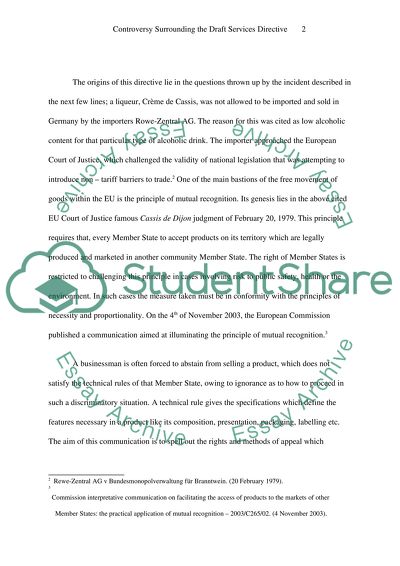Cite this document
(“Services Directive Essay Example | Topics and Well Written Essays - 1750 words”, n.d.)
Services Directive Essay Example | Topics and Well Written Essays - 1750 words. Retrieved from https://studentshare.org/law/1513120-services-directive
Services Directive Essay Example | Topics and Well Written Essays - 1750 words. Retrieved from https://studentshare.org/law/1513120-services-directive
(Services Directive Essay Example | Topics and Well Written Essays - 1750 Words)
Services Directive Essay Example | Topics and Well Written Essays - 1750 Words. https://studentshare.org/law/1513120-services-directive.
Services Directive Essay Example | Topics and Well Written Essays - 1750 Words. https://studentshare.org/law/1513120-services-directive.
“Services Directive Essay Example | Topics and Well Written Essays - 1750 Words”, n.d. https://studentshare.org/law/1513120-services-directive.


